
Brecon Beacons National Park Authority has announced today that the Park will now be known officially by the historic Welsh name Bannau Brycheiniog. The change is a headline-grabbing adjunct to a more substantial management plan aiming to improve the environment in the area.
Marking the 66th anniversary of the national park, the name change follows similar moves last year in Eryri/Snowdonia:
Given the fact that the central Beacons range covers only a small part of the National Park, and with no historical evidence that beacons were ever lit on the area's summits, it was felt, say the Park Authority, that a name more in keeping with Welsh heritage was required.
"Reclaiming our old name reflects our commitment to the Welsh language, but we understand people are used to calling the Park by the name everyone's used for 66 years so we don't expect everyone to use Bannau Brycheiniog, at least straight away" said Bannau Brycheiniog National Park Chief Executive, Catherine Mealing-Jones.
Pronounced Ban-eye Bruck-ein-iog, the new (old) name translates as The Peaks of Brychan's Kingdom.
If this is too much of a mouthful for Anglophones, the park will also be informally known 'the Bannau', says the Park Authority, perhaps slightly misunderstanding how informal names work.
The change comes as part of a new management plan for the 520-square-mile park designed to address the climate and biodiversity emergency. This includes a series of targets with partner organisations, including:
- 16,000 hectares of peatland restoration
- One million new trees to be planted
- Water quality improvement, including getting rivers to bathing water quality standard across the Park
- A focus on sustainable farming for an improved local food economy
- Curlew population recovery
- Creation of wildlife corridors to link habitats
- Floodplains to hold water, encouraging diverse plants to thrive in order to store both carbon and nutrients
- Sustainable transport solutions, including park and ride pilots between Merthyr Tydfil and Brecon
- Encouraging everyone into nature
"With four million plus visitors to the Bannau each year, we know we can't put a fence around nature – we have to be proactive" said Catherine Mealing-Jones.
"Our new management plan tackles climate change head on as we transition to net zero by 2035. Action will be happening across the Bannau to restore nature's ability to capture carbon from the atmosphere.
"We want to create thriving and sustainable places celebrated for their cultural and natural heritage. If we get this right, Bannau Brycheiniog can be an exemplar for other National Parks to follow."



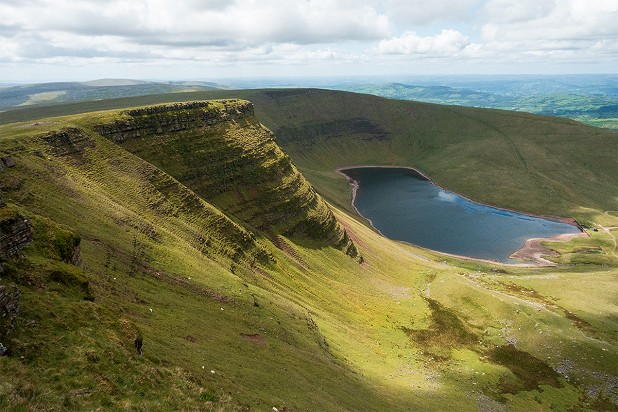



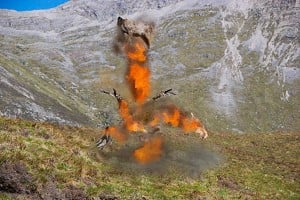
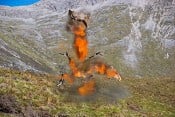
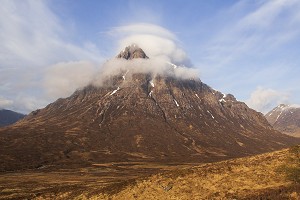
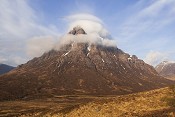
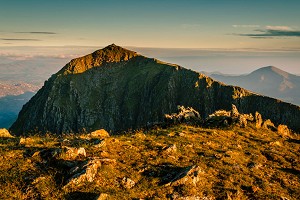



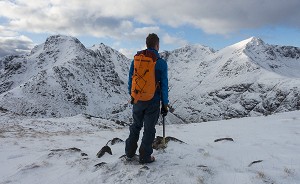
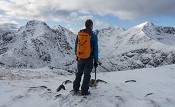
Comments
Good on them! The Welsh language needs preservation, and to non native Welsh speakers it may seem forceful but a country's heritage is important.
Nobody outside the media or without a personal interest is going to bother calling it y bannau Brycheiniog. Even as a Welsh speaker I'll probably keep calling it the Beacons unless I'm actually engaged in a Welsh conversation at the time.
In reality though I'd be perfectly happy with the name change if it stops people calling it the Brecons.
I'm interested in what the anglophone Welsh people think about this? Are there many non-Welsh-speaking Welsh folk who feel these types of moves are exclusionary to them to some extent? Or are the majority of non-Welsh-speaking Welsh folk not bothered or supportive?
https://www.ukclimbing.com/forums/hill_talk/is_this_a_belated_april_fools_brecon_beacons-758678
I fit your description Toby and I'm not bothered. I grew up on the edge of the Beacons that was then Gwent (now Monmouthshire again) and I don't see a problem with name changing if people want to.
My Welsh speaking uncle and aunt have a panoramic view of the three highest summits from their farmhouse, and I can't see them stopping refering to them as 'The Beacons'.